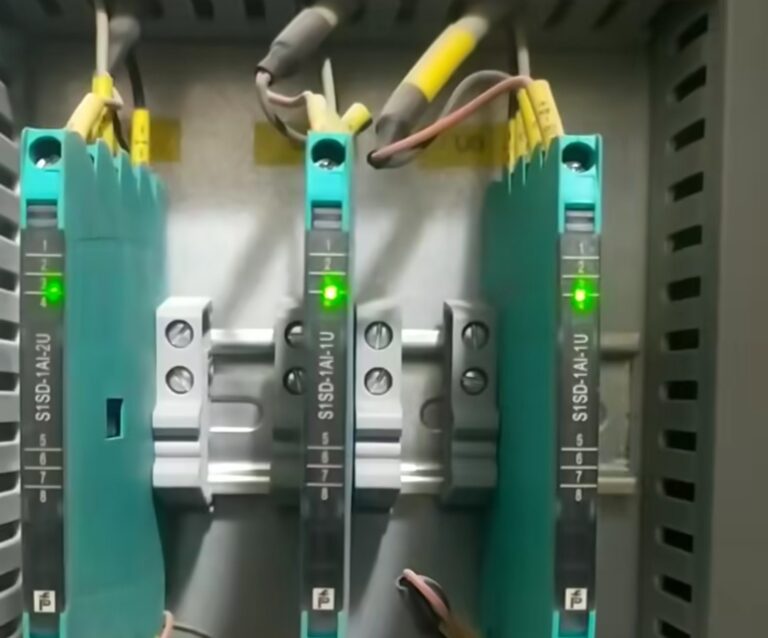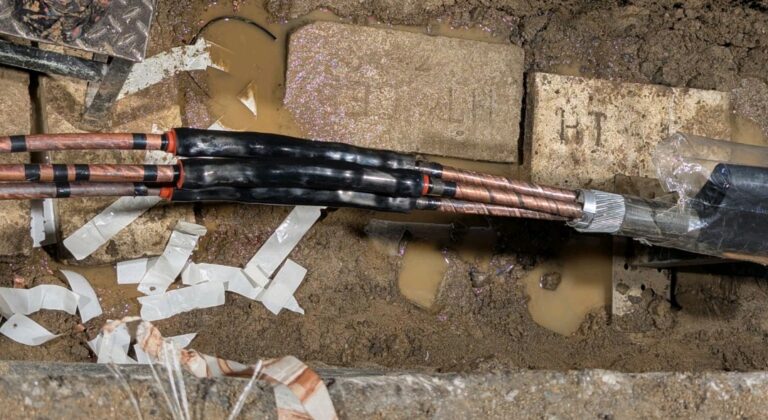Here is an overview of the significance of having a fully charged inverter:
**What is an Inverter?**:-
An inverter is a device that converts direct current (DC) electricity into alternating current (AC) electricity.
Inverters are commonly used in renewable energy systems, such as solar panels or wind turbines, to convert the DC power generated into AC power that can be used in homes and businesses
.**Importance of a Fully Charged Inverter**
1. Power Reliability: –
When the inverter is fully charged, it ensures a reliable and consistent supply of power. This is especially important during power outages or grid failures, as the inverter can provide uninterrupted power to critical loads.
2. Efficient Energy Utilization: –
A fully charged inverter can more effectively convert the DC power from renewable sources into usable AC power, maximizing the efficiency of the energy system.
3. Extended Run Time:-
A fully charged inverter can provide power for a longer duration during an outage or when grid power is unavailable, allowing you to power essential appliances and devices for a more extended period.
4. Surge Protection:-
A fully charged inverter can better handle sudden power surges or spikes, protecting sensitive electronic equipment connected to it.
5. Increased Lifespan: –
Maintaining the inverter’s battery at a full charge can help extend the overall lifespan of the inverter, as overcharging or deep discharging can degrade the battery over time.
6. System Optimization:-
A fully charged inverter ensures that the entire renewable energy system is operating at its optimal performance, leveraging the available power generation to the fullest.
In summary, having a fully charged inverter is crucial for ensuring reliable, efficient, and long-lasting power supply, especially in renewable energy systems or during grid outages.
It helps maintain the overall health and performance of the energy system

